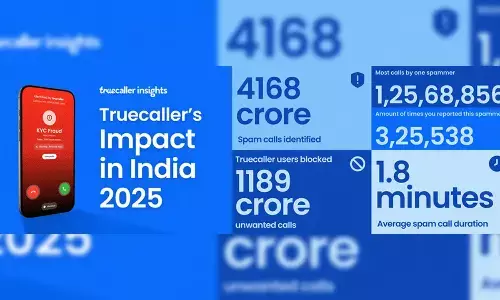How to protect quantum computing networks from hacking

At a time when computing has become more vulnerable to hacking, researchers have uncovered clues that could help administrators protect quantum computing networks from external attacks.
At a time when computing has become more vulnerable to hacking, researchers have uncovered clues that could help administrators protect quantum computing networks from external attacks.
In their paper, published in the journal Science Advances, the researchers explained that not only traditional computer systems, which use zeros and ones, are vulnerable to hacking but also quantum computing, where bits of information can simultaneously hold multiple states beyond zero and one, are not safe.
"Our team has built the first high-dimensional quantum cloning machine capable of performing quantum hacking to intercept a secure quantum message," said Ebrahim Karimi from the University of Ottawa, Canada.
"Once we were able to analyse the results, we discovered some very important clues to help protect quantum computing networks against potential hacking threats," added Karimi, who holds the Canada Research Chair in Structured Light.
Quantum systems were believed to provide perfectly secure data transmission because until now, attempts to copy the transmitted information resulted in an altered or deteriorated version of the original information.
Professor Karimi's team cloned the photons that transmit information, namely the single carriers of light known as qubits and revealed clues into how to protect against hacking.
"What we found was that when larger amounts of quantum information are encoded on a single photon, the copies will get worse and hacking even simpler to detect," added Frederic Bouchard a University of Ottawa doctoral student. "We showed that cloning attacks introduce specific, observable noises in a secure quantum communication channel.
Ensuring photons contain the largest amount of information possible and monitoring these noises in a secure channel should help strengthen quantum computing networks against potential hacking threats," Bouchard added. Karimi and his team hope that their quantum hacking efforts could be used to study quantum communication systems.











